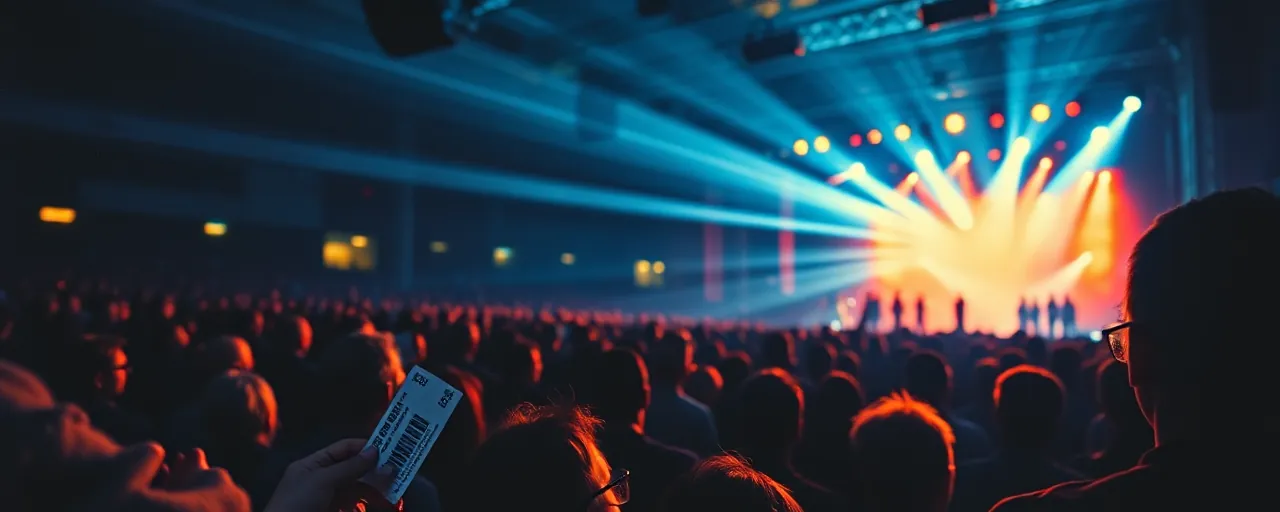A New Push Against Ticket Scalping
On March 31, 2025, President Donald Trump signed an executive order aimed at tackling the soaring prices fans face for live entertainment. The move targets ticket scalpers, those middlemen who snap up tickets at face value and resell them at jaw-dropping markups, often leaving concertgoers and theater buffs priced out of their favorite shows. It’s a frustration that’s simmered for years, and now the White House is stepping in with a plan to shake up the $132.6 billion live entertainment industry, which supports nearly a million jobs across the United States.
The order doesn’t mince words. It directs the Federal Trade Commission (FTC) to crack down on unfair practices, enforce existing laws like the Better Online Ticket Sales (BOTS) Act, and push for price transparency from the moment a ticket is bought to its resale on secondary markets. With fans reportedly paying up to 70 times the original price for some events, the administration wants to ensure artists, not scalpers, benefit from the industry’s success. It’s a bold promise, but the question lingers: will it work?
The Scalping Problem Laid Bare
Ticket scalping isn’t new, but technology has supercharged it. Bots, automated programs that mimic human buyers, scoop up thousands of tickets in seconds, leaving little for the average fan. The BOTS Act, passed in 2016, was meant to stop this, banning the use of such tools to bypass purchase limits. Yet, enforcement has been spotty. The FTC has only acted once in eight years, a 2021 case that slapped three brokers with over $31 million in penalties, though much of that went unpaid due to financial constraints. Trump’s order demands more action, tasking the FTC and state authorities to get tougher.
The secondary ticketing market, valued at $44.98 billion in 2024, thrives on this chaos. Scalpers resell tickets at huge markups, pocketing profits that artists never see. Live Nation, a giant in the industry, claims it blocks over 200 million bot attempts daily, yet admits the problem persists. Meanwhile, fans fork over cash for seats that might not even exist, thanks to speculative sales where resellers list tickets they don’t own. The White House wants this cleaned up, but the scale of the issue is daunting.
Voices From the Industry and Beyond
Live Nation and other industry players have cheered the executive order, calling it a win for fair competition and consumer rights. They argue it levels the playing field, letting fans access tickets without battling bots or inflated fees. The industry’s economic clout is undeniable, with 151 million attendees at nearly 550,000 events in 2024 alone, generating $23 billion for Live Nation. High-profile tours, like Taylor Swift’s Eras Tour, show fans will pay premium prices for once-in-a-lifetime experiences, but many feel gouged when scalpers dictate the cost.
Not everyone’s convinced this is the full answer. Some analysts point to deeper issues, like the dominance of major ticketing platforms, which control vast swaths of the market. They argue that without tackling these structural giants, scalping reforms might only nibble at the edges. Advocates for broader change, including lawmakers behind the bipartisan TICKET Act, want hidden fees banned and refunds guaranteed for canceled shows. That legislation, moving through Congress, suggests a growing appetite for reform, but it’s unclear if the executive order alone can deliver the relief fans crave.
A Broader Fight for Consumers
This isn’t Trump’s first swing at consumer protection since returning to office. He’s already axed New York City’s congestion pricing plan, a move that spared workers and small businesses from extra costs, and signed an order for clearer healthcare pricing. Now, the ticket reform ties into his pledge to ease the cost-of-living squeeze on families. The Treasury and Justice Departments are also roped in, tasked with ensuring scalpers pay their taxes, while a report due in six months will detail progress and pitch new rules if needed.
Historically, the ticketing industry has dodged tight oversight. Before the BOTS Act, scalping ran wild with little pushback. Even now, enforcement lags, and state laws vary widely, from New York’s strict fee disclosures to looser rules elsewhere. The 2024 TICKET Act aims to unify standards, but until it’s law, Trump’s order is the loudest shot fired. It’s a practical step for fans tired of refreshing ticket sites only to see prices skyrocket, though its success hinges on agencies following through.
What Lies Ahead for Fans
The executive order sets a clear goal: make live entertainment accessible again. It’s a lifeline for an industry that pumps billions into the economy and employs everyone from stagehands to vendors. If the FTC and others deliver, fans might finally snag tickets without breaking the bank, and artists could see a fairer shake. Innovations like blockchain, which some companies are testing to verify ticket authenticity, hint at a tech-driven fix down the road. For now, though, it’s about enforcement and transparency.
Still, the road ahead isn’t smooth. Scalpers adapt fast, using tricks like IP masking to dodge detection, and the secondary market’s global reach complicates crackdowns. The report due in September 2025 will reveal if this effort gains traction or stalls like past promises. For everyday people eager to catch a concert or play without a second mortgage, the stakes are real. Whether this order rewrites the script or just tweaks the margins, it’s a rare spotlight on a problem that’s long frustrated anyone who’s ever clicked ‘buy’ and winced at the total.
